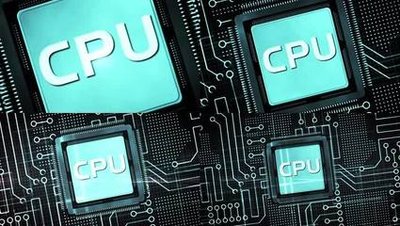Have your friends ever asked you "What's your computer's processing speed?" This question pops up on various occasions, but usually when your system isn't up to par.
Now this question might make you wonder about all the factors affecting your system. Therefore, here we will discuss some of the factors that determine the processing speed of the system.
So without further ado, let's get started!
Number of Cores

In fact, the processing speed of a computer depends on the number of cores it has. Most CPU chips are multicore - having multiple cores.
Therefore, each core processes different instructions by multi-threading, which improves computer performance.
The more cores in the system, the faster the processing. Therefore, processes including pipelining are also covered.
Bus Width
Another important factor that determines the processing speed of a computer is the bus width. This refers to the number of lines on the bus. The width determines the number of bits that can be transferred simultaneously.
Increasing the bus width increases the number of bits transferred simultaneously. This increases processing speed and power.
Cache Memory
At some point in our lives, we've all heard this memory. This part of memory contains the CPU's most frequently used instructions.
As the cache size increases, more frequently executed commands can be stored. This reduces the need for the CPU to wait for instructions to load. This causes the CPU to perform more cycles per unit of time while increasing performance.
Clock Frequency
The last factor on this list is clock speed. This speed is usually measured in gigahertz. The number of pulses issued by the clock in a given time interval determines the number of cycles (processes) that the CPU executes in a given time interval.
As the clock speed increases, the execution time of an instruction decreases. Therefore, there are more cycles per unit time, which improves performance.
However, there is a limit to the clock rate. Because the heat generated by the higher clock frequency cannot cool down fast enough. This usually causes the system to overheat.

Last Words
Studies have shown that the average computer processing speed should have a base clock speed of approximately 3.0 GHz. So if you want to increase the processing speed of your computer, now you know exactly what to update.